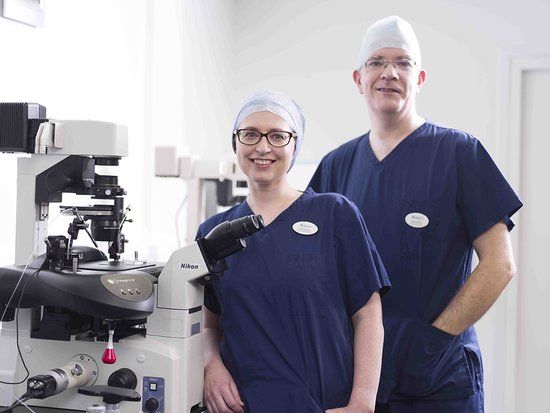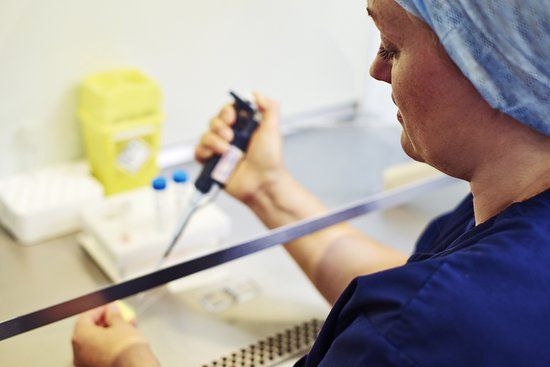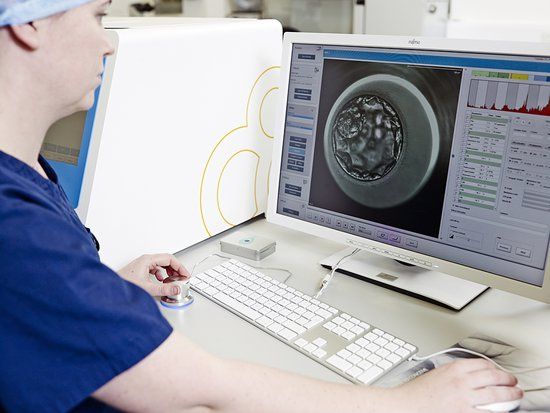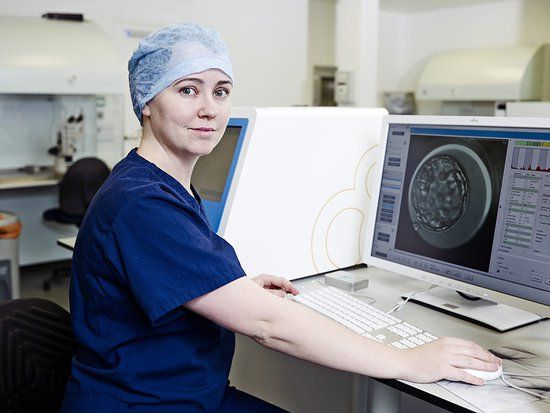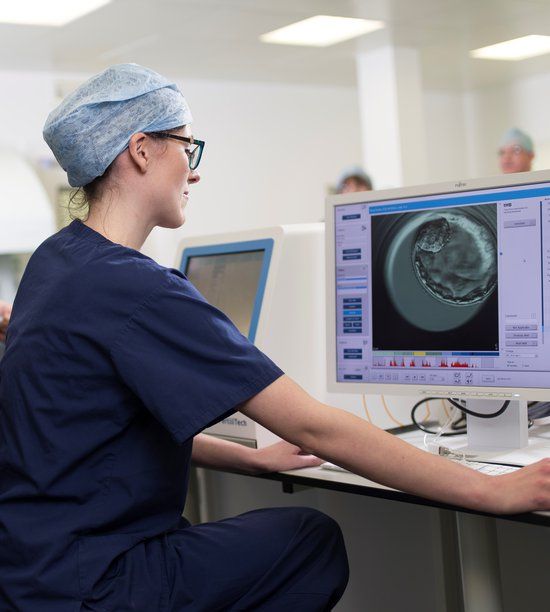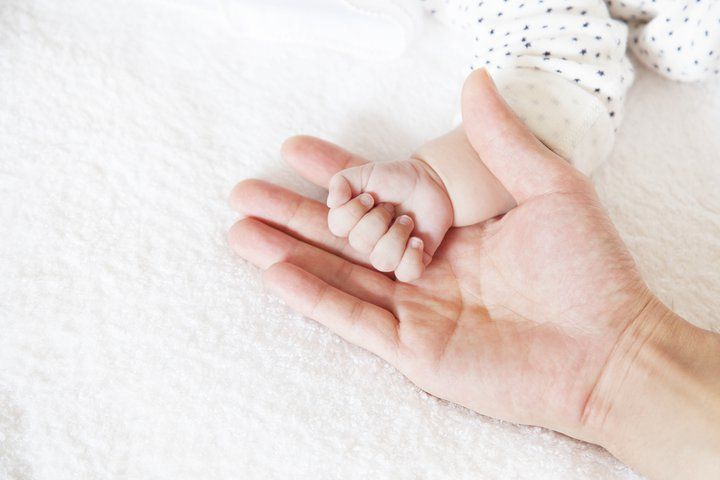
Are IVF babies at risk of health problems? The media often reports opinions from ‘experts’, with the latest being that assisted reproduction is an ‘evolutionary experiment’ with unknown consequences – an opinion which can be alarming if you’re considering IVF.
Many studies have shown that IVF babies are just as healthy as naturally-conceived children. Any increased risk of health problems may be related to the underlying cause of infertility in the parents, and not the treatment process itself.
The biggest risk to babies created through infertility treatment such as IVF or ICSI isn’t the technique of fertilisation, or what happens to the egg and sperm in the laboratory. It's the risk of multiple birth.
Having twins or triplets increases the risk of pregnancy complications and premature birth. It’s why many clinics recommend transferring a single embryo in patients with a good IVF prognosis, to reduce the risk of multiple births.
It’s important to remember that transferring two or three embryos doesn’t double or triple your chances of having a baby. Transferring just one embryo doesn’t mean you’re less likely to get pregnant, if the embryo is high quality.
Embryo quality is something we can measure very accurately using our techniques, innovations and expertise, including Blastocyst transfer, the skills of our highly-trained Embryologists and our time-lapse EmbryoScope incubators. These special incubators monitor every vital stage of embryo development through time-lapse video imaging. This ensures only embryos with the highest potential for pregnancy are chosen for transfer.
At Manchester Fertility, the decision on how many embryos to transfer for your treatment cycle is based on many different factors, such as your age, diagnosis, previous history and the number and quality of your embryos.
If you have multiple good embryos, transferring one and freezing the rest for use in further treatment cycles may be the preferred option. If you’re an older patient, this may not be the case and it may be best to transfer two embryos.
We will always advise on the most appropriate option for you, that has the highest chance of a successful outcome.
If you’ve got any questions about IVF and embryo transfer, chat to our friendly Patient Advisors on 0161 300 2737. They’re always here to reassure and answer any queries you have about treatment.
Last updated: 22nd March 2016


